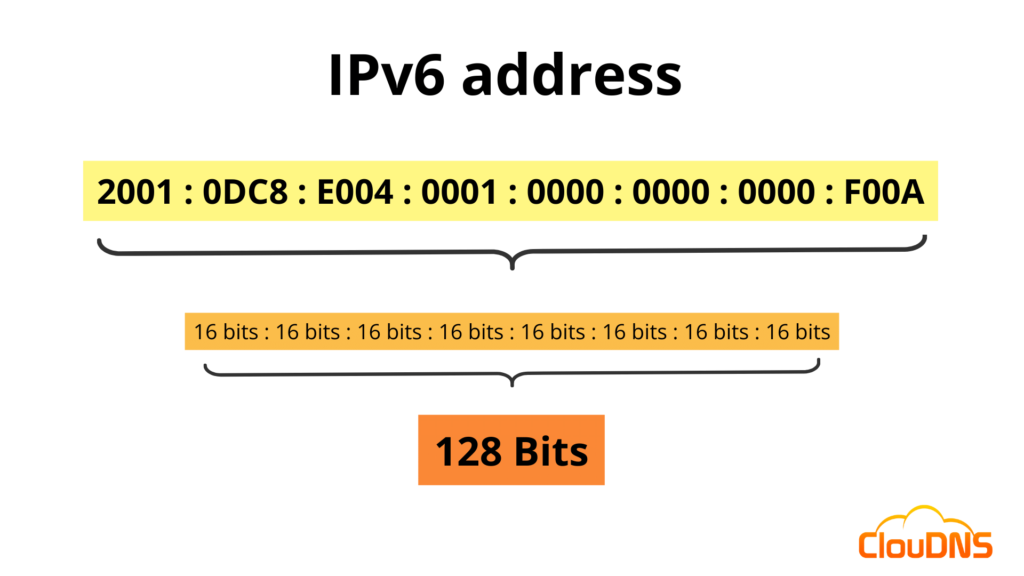IPv6 forms the basis of protocols that govern data communication on the internet. As the world transitions from IPv4, the importance of IPv6 routing protocols becomes increasingly evident. This article will explore the significance of IPv6 routing protocols, their applications, and how they impact network management in the evolving landscape of the internet. With the exponential growth of connected devices and the Internet of Things (IoT), IPv6 has become a critical component for maintaining robust, scalable, and secure networks.
Why?: The Importance of IPv6 Routing Protocols
To understand the importance of IPv6 routing protocols, it is essential to first consider the limitations of IPv4. The exhaustion of IPv4 addresses has necessitated the transition to IPv6, which offers a vastly larger address space and improved functionalities. Here are the key reasons why IPv6 routing protocols are crucial:
- IPv4 Address Exhaustion: The depletion of IPv4 addresses has created a pressing need for IPv6, which provides a virtually limitless number of IP addresses. This transition is essential for supporting the growing number of devices connecting to the internet.
- Advantages of IPv6 Addressing: IPv6 uses 128-bit addresses, offering an extensive range of IP addresses. This not only facilitates the inclusion of more devices but also enhances the efficiency and reliability of routing protocols.
- Increasing Number of Devices and the Need for IoT Networks: The proliferation of IoT devices requires a robust and scalable addressing system. IPv6 meets this need by providing the necessary infrastructure to manage the vast number of devices in IoT networks effectively.
How to Use?: Utilizing IPv6 Routing Protocols: Application Examples
IPv6 routing protocols play a vital role in enhancing the performance and scalability of network infrastructures. These protocols ensure that data packets are efficiently directed across complex networks, reducing latency and improving overall network performance. Below are some practical applications of IPv6 routing protocols:
- Implementation of IPv6 Routing Protocols in Network Infrastructure: IPv6 routing protocols are implemented in network infrastructure to ensure efficient data transmission. These protocols help maintain optimal routes for data packets, thereby improving network reliability and speed.
- Creation and Updating of Routing Tables: IPv6 routing protocols are responsible for creating and updating routing tables. These tables contain the best paths for data packets, ensuring that information is delivered promptly and accurately.
- Strategies for Enhancing Network Performance Using IPv6 Routing Protocols: Network administrators can employ various strategies to enhance network performance using IPv6 routing protocols. These strategies include optimizing routing tables, implementing load balancing, and ensuring that networks can scale to accommodate future growth.
What are the Structures?: Structures of IPv6 Routing Protocols
The structures of IPv6 routing protocols are designed to facilitate efficient data transmission across networks. These structures are crucial for maintaining network integrity, security, and scalability. Understanding these structures is key to leveraging the full potential of IPv6 in modern networks:

- Routing Tables and Routing Information: Routing tables are the backbone of network communication. IPv6 routing protocols manage these tables, ensuring that data packets are directed along the most efficient paths. The information in these tables is constantly updated to reflect the current state of the network.
- Functions and Features of IPv6 Routing Protocols: IPv6 routing protocols are equipped with various functions and features designed to enhance network performance. These include advanced routing algorithms, support for multicast and anycast routing, and improved security measures to protect data integrity.
- Comparison of Security and Scalability-Focused Routing Protocols: Different IPv6 routing protocols offer varying levels of security and scalability. Comparing these protocols helps network administrators choose the best solution for their specific needs, ensuring that their networks remain secure and scalable as they grow.
What is the Importance?: Importance and Benefits of IPv6 Routing Protocols
IPv6 routing protocols are essential for modern network management. They not only enhance network performance but also contribute to the overall security and scalability of networks. Here are some key benefits of IPv6 routing protocols:
- Improving Network Access and Routing Performance: IPv6 routing protocols improve network access by optimizing the routes that data packets take. This reduces latency, minimizes packet loss, and ensures that data reaches its destination as quickly as possible.
- Contribution of IPv6 to Future-Oriented Network Management Strategies: IPv6 routing protocols are designed with the future in mind. They support the growing demands of modern networks, including the integration of IoT devices and the need for more efficient data management.
- Role of IPv6 Routing Protocols in Ensuring Network Security and Integrity: Security is a top priority in network management. IPv6 routing protocols include built-in security features that protect against unauthorized access and ensure that data is transmitted securely across the network.
Conclusion: IPv6 Routing Protocols: A Critical Component for Future Network Management
IPv6 routing protocols are a cornerstone of modern network management. As the number of connected devices continues to grow, these protocols will play an increasingly important role in maintaining the efficiency, security, and scalability of networks. By embracing IPv6, network administrators can future-proof their infrastructures, ensuring that they are equipped to handle the demands of tomorrow’s internet. As we move forward, the successful implementation of IPv6 routing protocols will be essential for creating robust, reliable, and secure networks.
For more information, please visit the full article here.




